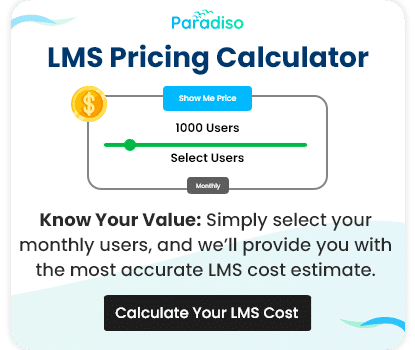Information about the patient is the most important aspect of the healthcare industry. The Health Insurance Portability and Accountability Act (HIPAA) is the standard for providing security for sensitive data in patient records. This blog will discuss HIPAA compliance, its importance, and what health organizations must do to ensure these essential requirements are met.

We have
something for you!
Are you still figuring out which LMS is the best? Grab the chance to explore the LMS Buyer's Guide and get started.











